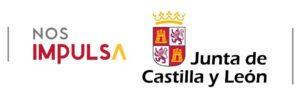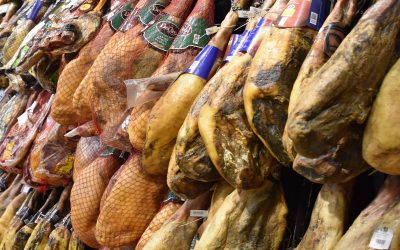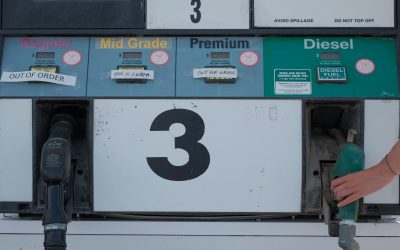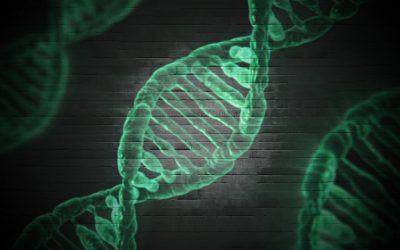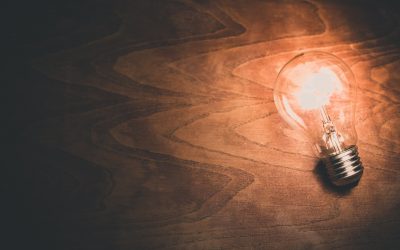CARTIF Projects
Efficient recovery of metals from spent EV batteries
The project focuses on the recovery of critical metals present in the cathode of spent electric vehicle battery cells, through a more environmentally sustainable process, for their future reintroduction into the value chain. These processes are based on hydrometallurgy and direct recycling.
Objectives
-
- Study recycling processes, such as direct recycling and leaching.
- Efficient recovery of critical metals from spent lithium-ion batteries.
- Characterisation of the materials, in order to subsequently determine the efficiency of the applied process.
Expected Results
In the coming years, the number of electric vehicles on the road is expected to increase. Electromobility, whether focused on electric vehicles, scooters, bicycles or scooters, always uses one or more electric motors to propel itself and receives electricity via a grid connection and stores it in batteries. Lithium-ion batteries have been recognised as one of the most practical and commercially viable battery types for electromobility. However, the use of Lithium-Ion batteries involves the use of critical raw materials such as Lithium, Graphite or Cobalt, among others, which results in a value chain dependence on extractive mining and certain mineral sources outside Europe. This is why the European Union is considering strategies to reduce dependence on these metals. In this sense, one of the alternatives is to be able to recover strategic metals from products that have reached the end of their useful life, as could be the case of electric vehicle batteries. Therefore, favouring the development of lithium-ion battery treatment processes that allow circularity to be achieved, i.e., valorising the input flows with a product of global interest for the manufacture of more environmentally sustainable batteries, is one of the most interesting options to consider in order to promote battery recycling processes, and therefore the circularity of the process, at national level, and thus not depend on other mineral sources outside Europe, to obtain raw materials for the manufacture of batteries. At regional level, Castilla y León is one of the Autonomous Communities with the highest vehicle production at national level, being one of the main powers in the automotive sector. It could thus become an ideal geographical area for the installation of plants for the recovery of critical materials from spent lithium-ion batteries from electric vehicles. Today, there is no simple solution for the recycling of spent lithium-ion batteries, as the design of the complex materials is constantly improving. In addition, it is necessary to promote the circular economy in critical raw materials, as discussed above, as their availability is essential for the implementation of the Green Transition.
R&D Line
- Research on metal recovery processes from batteries, brine, electronic and other waste streams and equipment.
Responsible
Marta Gómez Rincón
Division of Agrifood and Processes
Networking
Other projects:
CAMPOFRÍO
The CAMPOFRÍO project studies and develops a process for reducing salt content in cured ham. Development of a salt content evaluation system in sliced cured ham with on-line NIR technology.
CIBIC
The CIBIC project arises with the objective of improving the services provided by the companies of conservation of infrastructures, based on the application of new technologies to carry out the concept of intelligent systems that will help to improve the quality and the innovation of these services.
REHABCAR
El proyecto REHABCAR (REHABilitación de CARreteras y autopistas) desarrolló nuevas herramientas para la transformación de las carreteras y autovías existentes en infraestructuras económicamente sostenibles y de alta calidad para prolongar su vida útil y adaptarlas a las nuevas necesidades del tráfico.
LIFE RESCATAME
RESCATAME represents a new system for the sustainable management of traffic through the use of models that predict pollution levels, which are supported by data collected by the network of air quality sensors, and that can help to execute a rapid action.
BIOREFINERÍA FT
The FT BIOREFINERY Project consists in developing a technology that allows obtaining 2nd generation liquid biofuels (synthetic diesel) and electrical energy, through the application of gasification and co-gasification processes, of different types of solid and / or liquid waste ( herbaceous biomass, lignocellulosic, glycerin, etc.)
BIALEMA
BIALEMA: RED for the production of Biofuels and its impact on food, energy and the environment. Conducted by Dr. Antonio Francisco Valdes Delgado (CUBAENERGIA).
DINAMO
The DINAMO project is responsible for the development and validation of nanocapsule and nanostructure production technologies of active molecules with functional properties for food use.
BIORECOS
The BIORECOS Project aims to design and build a demonstration plant of a modular nature that allows, through pyrolysis, the production of charcoal and / or active coal, as well as the generation of electrical energy.
ENHANCE HEALTH
The ENHANCE HEALTH project focuses on environmental and health concerns related to air pollution produced by industries and waste incinerators in urban areas.
